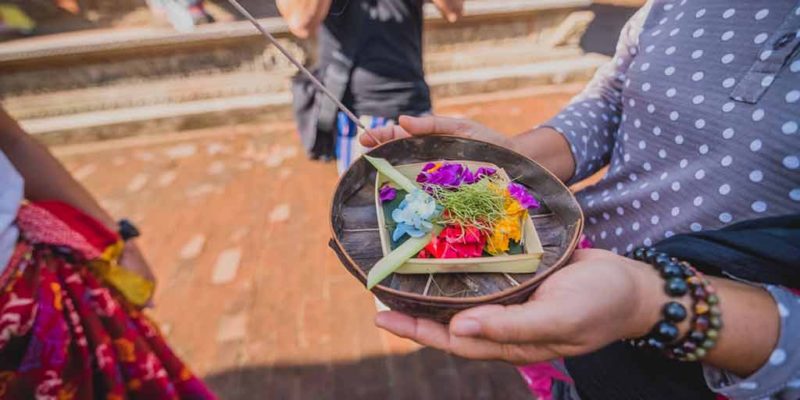As the world grows to be more diverse, people these days can experience different events from a cultural perspective without even leaving their home country. You might have some friends who belong to a different culture who are throwing such an event that you are excited to attend. However, it is important to note that different cultures have their own rules when it comes to etiquette.
In order to make sure that you are respectful of the culture that your friends belong to and that you have the best time possible at the event you have been invited to attend, you are going to need to do a bit of research. For instance, if you are going to be attending the celebration of a cultural holiday that you are unfamiliar with, you will need to find out what constitutes appropriate attire and how you should conduct yourself throughout the event.
Here are four etiquette tips to help you prepare for the cultural event that you have been invited to attend.
1. Start with Attire
First and foremost, you are going to need to know what sort of outfit is going to be appropriate to wear to the event you have been invited to. Many cultures throughout the world place a strong emphasis on attire for certain events, and getting this wrong might very well be seen as an insult to your friends who have kindly invited you to join.
Start by looking into how formal or casual the attire at the event will be. Just as in the West, some events are of a more casual nature, while others require guests and attendees to go all out. Most importantly, don’t get caught up with comparing the attire that you will be wearing to a cultural event to that of an event in your own culture. For example, wedding guest attire in the West is going to be quite different from traditional Asian wedding dresses. Embrace the aspects of dress that are the norm at the type of cultural event you are attending so that you can make the best first impression upon arrival.
2. Clarify the Timings of the Event
As you are making your preparations for the cultural event that you have been invited to, it is important that you clarify the timings during which the event will be taking place. Back to the example of weddings, for instance, many cultures hold their wedding celebrations during a different timeframe than you might be used to back home.
A wedding in the West might start in the early to mid-afternoon and end sometime in the late evening or early hours of the morning. However, a wedding in Indian culture might not even be until late at night. Moreover, such a wedding might last as long as several days, so be sure to know precisely what you have been invited to attend and plan accordingly.
3. Know if Gift-giving is Required
For many cultures, the concept of gift-giving is a sacred and important one. It is good to know if the particular event that you are going to be attending will require that you bring a gift or not. If it is customary for guests to bring a gift, do your research to find out what sort of gifts are appropriate and expected.
Failure to bring a gift to a certain event might be taken badly by the friends who have invited you to attend, so make sure that you get this part of the event correct. There are even some cultures in which the manner that you present your gift matters as well. In Japan, for example, you are expected to present a gift to the recipient with both hands as opposed to placing it on a table or handing it over with one hand.
4. Understand the Cuisine
One aspect of culture that varies greatly from country to country and even from region to region is that of food. If you aren’t the most adventurous eater in the world, you might want to research ahead of time the type of food that you can expect. Bear in mind that even if something isn’t exactly to your taste, putting food aside or refusing to eat, no matter how polite you may think you are being, can be seen as rude in some cultures.
There might very well be a variety of options available, especially if your friends have a foot in both camps, culturally speaking. However, more traditional events are most likely going to feature traditional foods. Make sure that you are comfortable with the food that is going to be served and that you are prepared to partake in the food that is offered to you.






